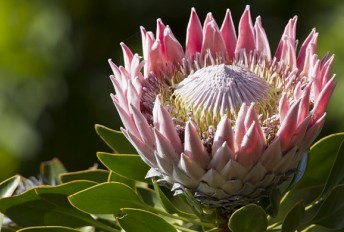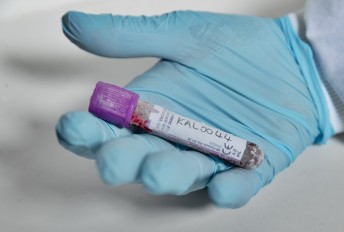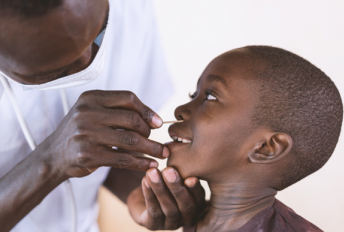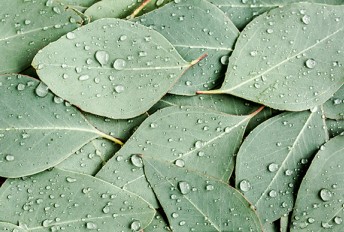
Posted on May 12, 2025
Researchers at the University of Pretoria (UP) may have identified the gene that is responsible for diet-related obesity. By exploring the role of the novel gene Slc7a8, they have made a potential breakthrough in current knowledge about the cellular mechanisms that drive fat accumulation. This...

Posted on February 09, 2024
In a study that signals potential reproductive and health complications in humans, now and for future generations, researchers at the University of Pretoria and Canada’s McGill University and Université Laval have concluded that toxins in the environment, notably DDT, modify the sperm...

Posted on October 23, 2023
The quest for immortality has long fascinated humans, and inspired countless tales – now, in two new studies published in the journals Nature and Science, University of Pretoria (UP) researchers, along with a team of global experts known as the Mammalian Methylation Consortium, are a step...

Posted on July 26, 2023
This issue features research from all of the University of Pretoria's nine faculties and our business school, the Gordan Institute of Business Science (GIBS) and shows how our research is opening a new world and a better future.

Posted on May 24, 2023
University of Pretoria (UP) researchers are at the forefront of a very special first for South African plant sciences. They have unravelled the precise genetic make-up of the country’s national flower, the king protea (Protea cynaroides). It is the first plant that’s unique to South...

Posted on March 29, 2023
University of Pretoria (UP) scientists have posited a theory that could explain the tens of thousands of “fairy circles” that can be seen dotted across the arid landscape of Namibia.

Posted on December 07, 2022
The ice-free areas of Antarctica were initially thought to be devoid of life, but with the advent of modern genetic technologies, scientists now know that microorganisms have adapted to living in this extreme environment.

Posted on October 10, 2022
Researchers at the University of Pretoria (UP) are making today matter by battling aggressive breast cancer through identifying genes that make African women more susceptible to certain forms of breast cancer. However, this is no easy task as very little genomic information is known about African...

Posted on August 31, 2022
Two pioneering studies published simultaneously today in Nature and Genome Medicine have identified genetic signatures explaining ethnic differences in the severity of prostate cancer, particularly in sub-Saharan Africa.

Posted on March 03, 2022
A multidisciplinary study led by two University of Pretoria (UP) researchers has found that Tshwane District hospitals were under immense pressure to provide clinical services in the face of an influx of paediatric patients (under 19 years old) during the early stages of the COVID-19 Omicron wave...

Posted on November 15, 2021
Prof Zander Myburg of UP’s Forestry and Agricultural Biotechnology Institute is part of an international team that will embark on a large-scale genome sequencing of 2 000 eucalyptus trees.
Copyright © University of Pretoria 2025. All rights reserved.
Get Social With Us
Download the UP Mobile App